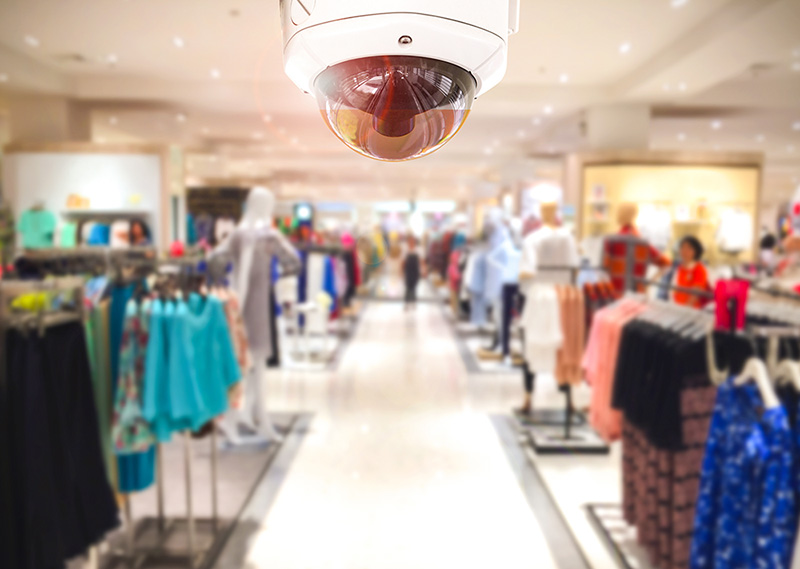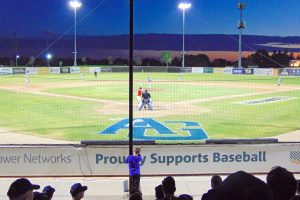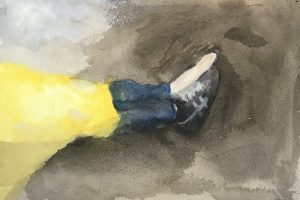As CCTV and facial recognition technology improves and expands it will doubtless spark the next wave of controversy about our right to privacy, versus the public good. And while we could safely make the assumption that our privacy will be compromised, is that really such a bad thing?
More than twenty years ago, biometric devices appeared in sci-fi movies, like a futuristic concept using a fingerprint to authenticate the user. There is a notorious scene in the movie “Sneakers” with Robert Redford (1992, Universal Pictures) where a group of hackers coerce a character into speaking specific words into a microphone and reuse that voice recording to break into a high-tech lab that uses voice recognition as the access control. Inspiring, even somewhat comical at the time; this technology has now become a reality.
Biometric devices are a form of identification devices used to authenticate an individual by using a part of their body or behaviour to identify them uniquely. Biometric authentication is considered an additional layer of authentication, using it in conjunction with a username/password combination. This authentication is known as multi-factor authentication.
A new age of Closed Circuit TV (CCTV) camera is emerging as a means to monitor people’s activity. China is renowned for its love of CCTV for monitoring people’s movements which can aid in solving people related issues if and when they arise. Several types of these cameras are deployed in Chinese cities and are capable of facial recognition which has helped, in one instance, to identify and capture a fugitive, amongst 60,000 people at a concert in China.
A facial recognition system is a form of biometric device that is used to identify the key features of a person’s face on a video screen when compared to records on file. These systems work at tremendous speeds and accuracy. This type of technology while in its infancy in Australia is being used by Crown Casino to identify VIPs and banned punters, and Sydney Airport is about to trial this facial recognition for passenger screening in the Australian Customs area. This technology could further be used in the public domain to monitor the movements and potentially identify known terrorists. Notification of a person’s movement is discrete, and arrests occur swiftly once the target person is identified using facial recognition devices.
Providing that law enforcement, border control and commercial entities are installing this facial recognition technology, have we lost our privacy? Losing our general privacy doesn’t mean our personally identifiable information (such as our tax file number, name and Medicare number) is compromised. Every time we walk outside, in public, cameras are filming us. Unless there is a reason why we need to be detected in a crowd, why worry the facial recognition software. As this facial recognition technology improves and expands, it will doubtlessly spark the next wave of controversy about the right to privacy versus the public good. In the China example, while we could safely assume that our privacy is compromised… is that such a bad thing to know that law enforcement has captured someone who is dangerous to the public? Or that facial recognition can assist in tracing missing children?
Councils and law enforcement may store this footage for a period. However, another debate arises. Does the knowledge of having these cameras watching us all the time, spark the discussion about the monitoring of our behaviour, and are the people monitoring the camera footage, controlling how we behave through the fear that “we” may be captured and detained for doing something potentially wrong? How many of us look for the cameras now (and event count them) when we are walking in the shopping malls and parks. A crude but thought-provoking exercise.
CCTV technology is a great technology for monitoring the safety and well-being of people and facial recognition, while in its infancy in Australia, is starting to enter the market in niche areas such as gambling and border control. Knowing that authorities and the like can identify and capture someone who is a wanted fugitive is refreshing which means that potential threats to crowds and society, in general, can be reduced quickly and without fuss. However, knowing our privacy is dead, do we embrace this technology knowing that being watched means someone can act when something wrong occurs or do we worry about the footage landing in the wrong hands.























Add Comment